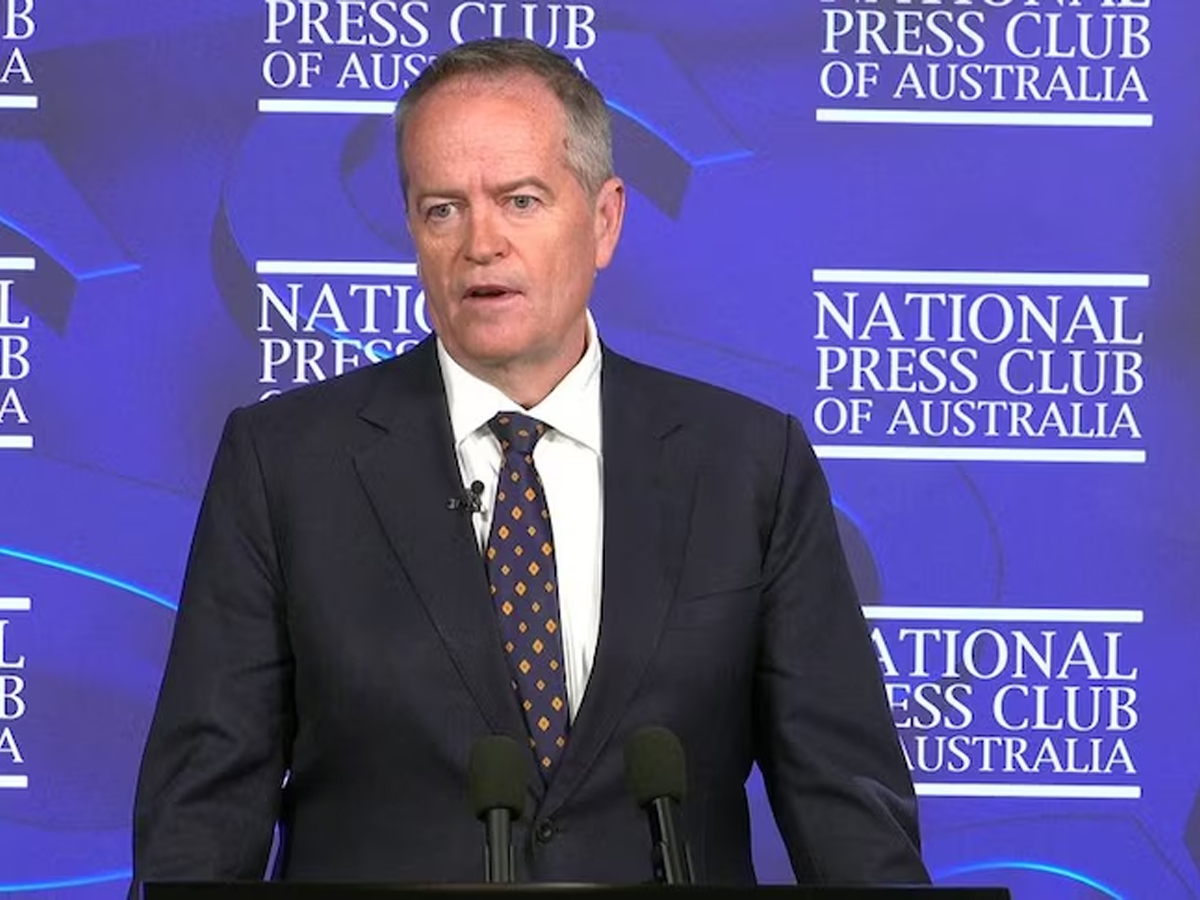The NDIS is set to get a major overhaul with systemic reforms announced to get the scheme back on track that includes an autism pilot program focusing on early treatment.
Speaking at the National Press Club, NDIS Minister Bill Shorten outlined six policy directions he said would secure the ongoing sustainability of the scheme.
The National Disability Insurance Agency workforce will be boosted by lifting staff caps, returning some call centre functions in-house and reducing staff churn, in addition to filling service gaps in rural and Indigenous communities.
A move to long-term planning was also announced. “Short-term planning isn’t working, it’s stressful, debilitating, frustrating and nonsensical that every year or six months participants must prove they are still disabled,” Shorten said. “Multi-year plans are more flexible and sustainable that allow more time to produce plans that deliver better outcomes.”
Spiralling expenses will also be addressed with supports that must be reasonable and necessary. According to the minister some providers are over-charging for goods and services and an independent panel will provide recommendations on ways to maximise participant outcomes. He suggested blended payments to improve incentives to achieve outcomes, rather than dependence on more supports.
The agency will fund a pilot program, in partnership with Telethon Kids Institute in Western Australia to examine whether pre-emptive intervention for children showing early behavioural signs of autism can reduce the level of support required later. Around 700 families in WA will take part in the pilot. The minister said “it could provide prospects for future generations for early intervention mainstream services outside the NDIS so the NDIS is not a life-boat in the ocean.”
There will also be a review of Supported Independent Living. Currently, the program is delivering poor outcomes for many participants in safety, quality and outcomes. The misuse of NDIS funds is also up for reform with a renewed focus on evidence and data intended to remove shoddy therapies that offer little or no value to participants.
And the states must step up too, and according to Shorten cannot retreat from supporting people with disability outside the scheme. “The states need to honour their commitment to their citizens with disability and provide them with high quality, inclusive healthcare, education, transport, housing and justice as is their responsibility.
“Public trust and confidence in the scheme will be dependent on these reforms serving the best interests of the participants. That is the litmus test,” the minister said.
In a statement to F2L, Aruma CEO and former NDIS Board Member Dr Martin Laverty said the hardest but most needed of the fixes was number six, which requires State and Territory Governments to run hospitals, schools and community services to end cost shifting to the NDIS. “To get the NDIS back on track, we must build support for people with disability in the nation’s health, education and community services to allow the NDIS to focus on those who need it most,” he said.
Nova Employment CEO Martin Wren welcomed what he said was a “terrific concept and while the execution may be less than perfect, the minister correctly praises the NDIS’s intent”.
“My only concern is paying for the program. We were told there would be more money for facilitating employment while paying for the additional costs would come from the economic stimulus created by all the new workers. That has not happened and it needs to.
“The NDIS is great and infusing the program with the concept of ’employment first’ has the potential of helping a lot more participants swap their pension and dependency for a paycheque,” he said.

